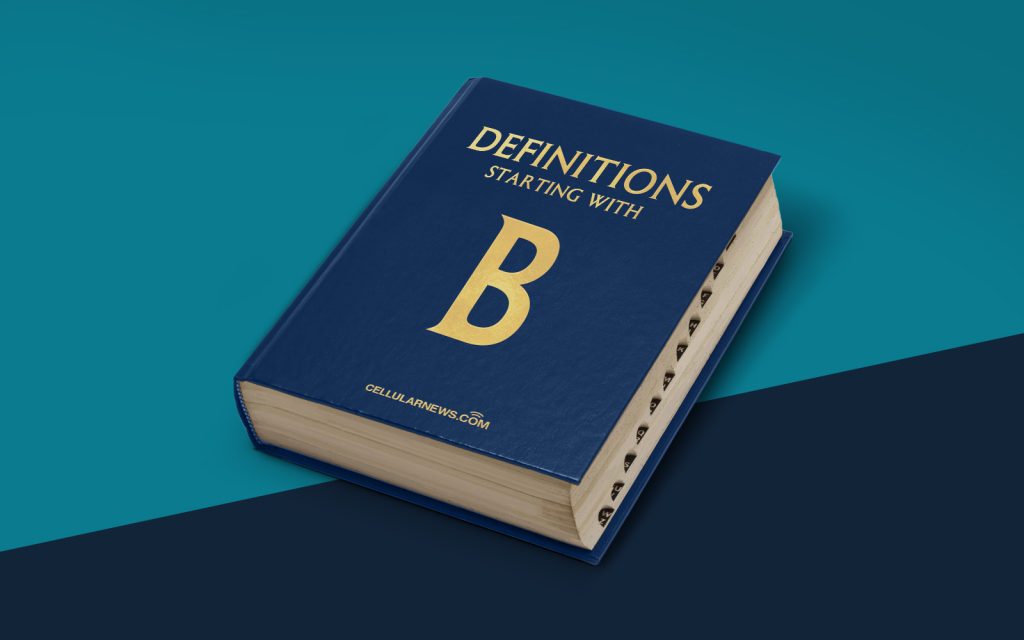
Welcome to the World of Blue Books!
So, you’re probably wondering, “What is the Blue Book?” If you’ve ever been curious about the meaning behind this mysterious term, you’ve come to the right place! In this article, we will explore the fascinating world of Blue Books and provide you with all the essential information you need to know.
Key Takeaways
- Blue Books are a type of reference guide or manual that provides information on a specific subject.
- They are commonly used as a resource in various industries, such as car dealerships and education.
So, let’s dive right in and demystify the Blue Book phenomenon!
First and foremost, it’s important to understand that “Blue Book” is a broad term that refers to different types of reference guides or manuals. These books are typically recognized by their distinctive blue cover, hence the name. While the content can vary depending on the industry or niche, Blue Books are primarily known for providing valuable information in a structured and organized format.
Now, let’s take a closer look at the key characteristics and uses of Blue Books:
1. Comprehensive Information: Blue Books are renowned for their wealth of knowledge on specific subjects. Whether you’re interested in car values, educational standards, or any other niche topic, Blue Books aim to be the go-to resource for accurate and up-to-date information.
2. Industry-Best Practices: Blue Books are often crafted by industry experts and professionals. They compile the best practices, regulations, and standards to provide a reliable source of information in a particular field. By consulting a Blue Book, individuals and businesses can ensure they are following the most current guidelines and protocols.
Key Industries That Utilize Blue Books
- Automotive Industry: The most famous Blue Book in the automotive field is the “Kelley Blue Book.” This publication provides information on the value of cars, helping both buyers and sellers make informed decisions.
- Education Sector: In the education sector, Blue Books include works such as the “Blue Book of Grammar and Punctuation,” which serve as essential resources for teachers and students alike.
- Government and Legal Fields: Blue Books can also be found in the government and legal sectors. They may contain regulations, laws, or codes that provide guidance to professionals and officials.
- Financial and Investment Sectors: Blue Books like “The Blue Book of Financial Statements,” cater to the needs of financial analysts and investors by offering valuable financial data and analysis.
In conclusion, Blue Books are invaluable resources across a range of industries, providing comprehensive and reliable information on specific subjects. Whether you’re a car enthusiast, a grammar stickler, or a legal professional, this essential reference tool is designed to make your life easier. So, the next time you come across a Blue Book, remember the wealth of knowledge contained within its blue cover.
